Many books make you want to immerse yourself in the emotions and experiences of others, to see the world through their eyes and understand their thoughts and feelings. However, there are also books that have the power to make you smarter. Not because they aim to educate you, although many do, but because they gradually provide you with ideas, knowledge, and understanding. Reading the right kind of book can enhance both your knowledge and intelligence. But here lies the challenge - knowing which books can achieve that. Most books won't slow you down or make you less intelligent, but there are some that can. These are the books that should be considered essential reading.
#1
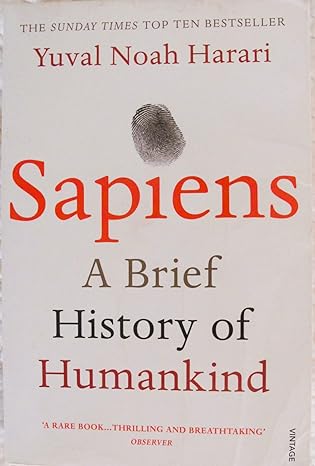
- "Sapiens: A Brief History Of Humankind" by Yuval Noah Harari: This groundbreaking bestseller by Yuval Noah Harari just might change the way you view the world. How did Homo sapiens take over the Earth? What spurred the brainiacs among them to invent fictions, such as the gods of mythology, the concepts of money, race, gender, and the notion of national values? At a time when humankind truly seems its own worst enemy, "Sapiens" uses history to paint an enthralling moral landscape of the choices facing us today. Harari doesn't just pack your head with facts. He works on the heart as well. The man who showed us where we came from in "Sapiens" next explains how we got here. In this equally entertaining follow-up, Yuval Noah Harari brings stories from science, philosophy, and politics to show us how different cultures and beliefs have changed the course of history and how current trends might shape the future. Now that's intelligence in action.
#2
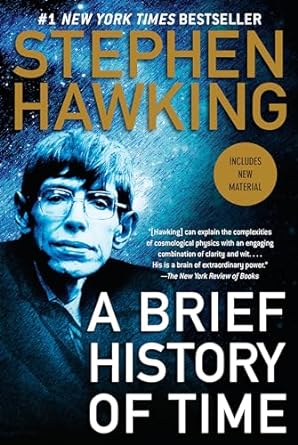
- "A Brief History Of Time" by Stephen W. Hawking: Famous for making refreshingly difficult math and science easy to understand, Hawking's A Brief History of Time is a must-read if you would like to expand your mind. Hawking explores questions about the universe and the very nature of science in a way that someone new to the harder scientific concepts can appreciate. A complex book that everyone should read at least once. This book has sold more than 10 million copies and has been on the bestsellers list for years. The author discusses the difficult themes in cosmology and explains the universe to the general reader who is not familiar with scientific theories and has a limited understanding of math. Everyone can pick up and go through all 212 pages of knowledge-containing literature on the evolution of science, concepts in theoretical and practical physics, including aspects of time and black holes, while offering readers a comprehensible alternative to other literature on the subject. Even though it is a dense book, A Brief History of Time contains the author's personal touch, with a focus on clear explanations rather than humor, making complex ideas more approachable for those who are not familiar with advanced math or science.
#3
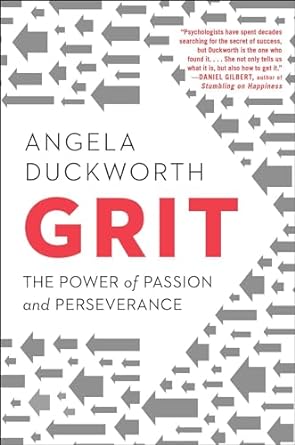
- "Grit" by Angela Duckworth: In this book, the author explores how talent, enthusiasm, and the ability to learn can lead to fulfillment. Various life stories, experiments, and practical exercises help get to the bottom of how "grit" is formed and how to develop it further. This book is especially useful for those who are about to choose a profession or inspire children to certain activities, as well as for those who constantly jump from one activity to another and at the same time do not understand what they really want. The main meaning and objective of the concept of grit are passion and perseverance for achieving long-term goals. In the book "Grit," Angela Duckworth reveals the secrets of achieving goals and dreams by the example of such fascinating personalities as NASA astronauts and Harvard graduates. According to Duckworth, it is not exceptional talent that determines success, but a deep-rooted passion for long-term goals and the ability to face difficulties and failures on the way. The author truly believes that with the help of the right "motor" called grit, any person can reveal their potential. In the first part of the book, the author deals with the essence of grit by sharing successful stories of grit and its opposites. With these examples, Duckworth demonstrates the role of grit in different aspects of life and at different stages of one's life. In the second part of the book, the author shares research-based insights on how to develop grit and also provides ideas and suggestions for those who share this worldview.
#4
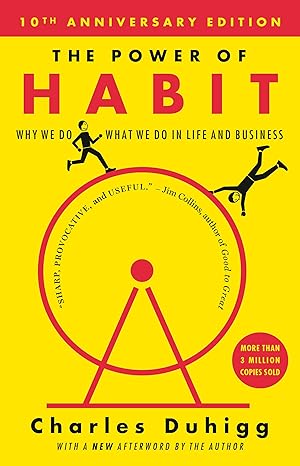
- "The Power Of Habit" by charles duhigg: In "The Power of Habit", social science journalist Charles Duhigg explores the importance of habits and how they are formed. He incorporates scientific research relevant to behavioral patterns in the human brain, sharing stories that exemplify the importance of everyday behavior and its consequences. In the book, Duhigg introduces the framework in which habits exist, known as the habit loop. This pattern includes a cue that signals the brain to react habitually to a particular routine. This routine then triggers a reward - a feeling of satisfaction in the brain - that reinforces the behavior, informing the brain that a particular routine is pleasurable and thus worth repeating. Duhigg also candidly explains how we can change our habits by applying the habit loop's principles, showing just how adaptable we are when it comes to achieving our goals. In reading this book, you may be confronted with many new explanations about your deepest feelings and actions, as it will provide you with a new perspective on how your habits control nearly everything you do on a daily basis.
#5
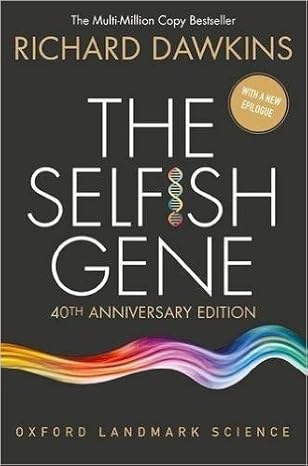
- "The Selfish Gene" by Richard Dawkins: This is more a popular science book than a typical academic text. And yet, this book has had a tremendous impact on us: not too many scientists delve as deeply into explaining their research to the public as expertly as Professor Dawkins. Unlike many others, this book is not written primarily for students. It is written for all those who are genuinely interested in learning about evolution from a man who is probably one of the most adept popular science writers ever. Dawkins' central argument is that genes, at the expense of everything else, are the primary units of selection because genes are self-replicators, and evolution works on the level of genes - not on the level of groups, populations, or entire species or ecosystems. The individuals and groups that succeed in surviving and reproducing are those that carry genes well-suited to their environment. And this process of natural selection has been instrumental as the driving force behind the diversity of life on Earth.
#6
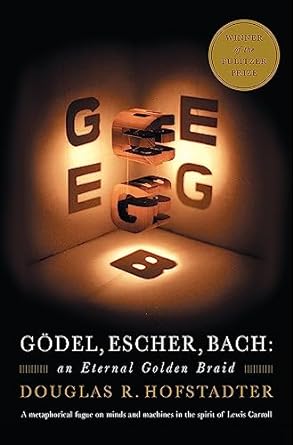
- Gödel, Escher, Bach" by Douglas Hofstadter: "Gödel, Escher, Bach" by Douglas Hofstadter won its author a Pulitzer Prize. No wonder, it is a truly masterful book. Anything Hofstadter writes is profound, intelligent, and dense, but in a way that feels rich, not overwhelming. The book's subtitle — an Eternal Golden Braid — perfectly sets the mood it offers. This braid consists of the works of Kurt Gödel (the mathematician famous for his incompleteness theorem), M.C. Escher (the artist famous for his impossible objects), and Johann Sebastian Bach (a composer of the Baroque period). The underlying message of the book is how the ideas that underlie these various disciplines are intertwined, as threads of a braid. And this braid is about finding meaning in systems, 'endlessly recurrent constructions' and internal representations of self-reference. The theme of Gödel's work was the systems of logic themselves. Before Gödel, it was believed that axiomatic systems were stable, in the sense that their truthfulness could be confirmed within the system itself. But Gödel showed that the assumptions written down could not cover all the aspects of the system of arithmetic they described, quite literally: each 'sufficiently powerful' consistent axiom system of number theory contains true number theory statements that are not provable within the system. Gödel's work was titled 'On Formally Undecidable Propositions of Principia Mathematica and Related Systems'. With this result, Gödel dented the hopes of Hilbert, who was working on proving with mathematics that the mathematical truth was eternal, absolute, unconditional. Gödel's application of self-reference to logic allowed, as a corollary, the demonstration of inherent limitations in these systems. Hofstadter defines a strange loop as "a level-crossing feedback loop: when one is standing at exactly the right place inside the system, one feels as if one is loose, as if one has lifted oneself by one's own bootstraps to a higher level of comprehension," as an analogy for the "tangled hierarchy, the intimate connection between Gödel, Escher, and Bach." The relation between Escher and Gödel's work is related to its self-reference. The works of Escher often have a way to contain themselves or create a paradox due to some form of self-reference. Escher's work often contains multiple levels of recursion as well as impossible objects that refer to one another. The lithograph "Drawing Hands" is an ingeniously self-referential work. The two hands are seen only from behind. The hand on the left draws the hand on the right, while the hand on the right draws the hand on the left. Hofstadter draws a comparison between Escher's work and Gödel's idea of self-reference as a way of assigning meaning or as a way of exploring and expanding complex concepts. Finally, Bach, the third part of the braid, completes the dance and the symbiosis among ideas. Bach was a composer who was able to create extremely complex music according to some strict rules, as prescribed by Baroque musicians. The rules Bach had to deal with were constraints such as symmetry, elegance, and reference to other musical pieces. Hofstadter explores how Bach's musical structures can be seen as analogues to the logical and artistic ideas discussed earlier in the book. I recommend this book to everybody who wants to deepen their knowledge of mathematics, philosophy, and consciousness, or is curious about their limitations through history and art.
Final thoughts
Simply put, you are the product of everything you read, watch, and listen to. This is a cliche, but it bears repeating: you are what you eat. Not just in the nutritional sense, but in the mental sense. The things you put into your mind on a daily basis have an exponential impact on your life over time. If you spend two years reading a certain set of books, those books could have a more profound impact on your life than the two years themselves did. If you've been reading fiction for the last few years, or you haven't been reading at all, you may not feel the transformation happening. But nonetheless, it is happening. As you add more "smart" books to your mental diet, your understanding of the world, and the people in it will grow. You can't help but change. That's the power of the written word.
Join Be The Glow On Social Media :
Be The Glow.
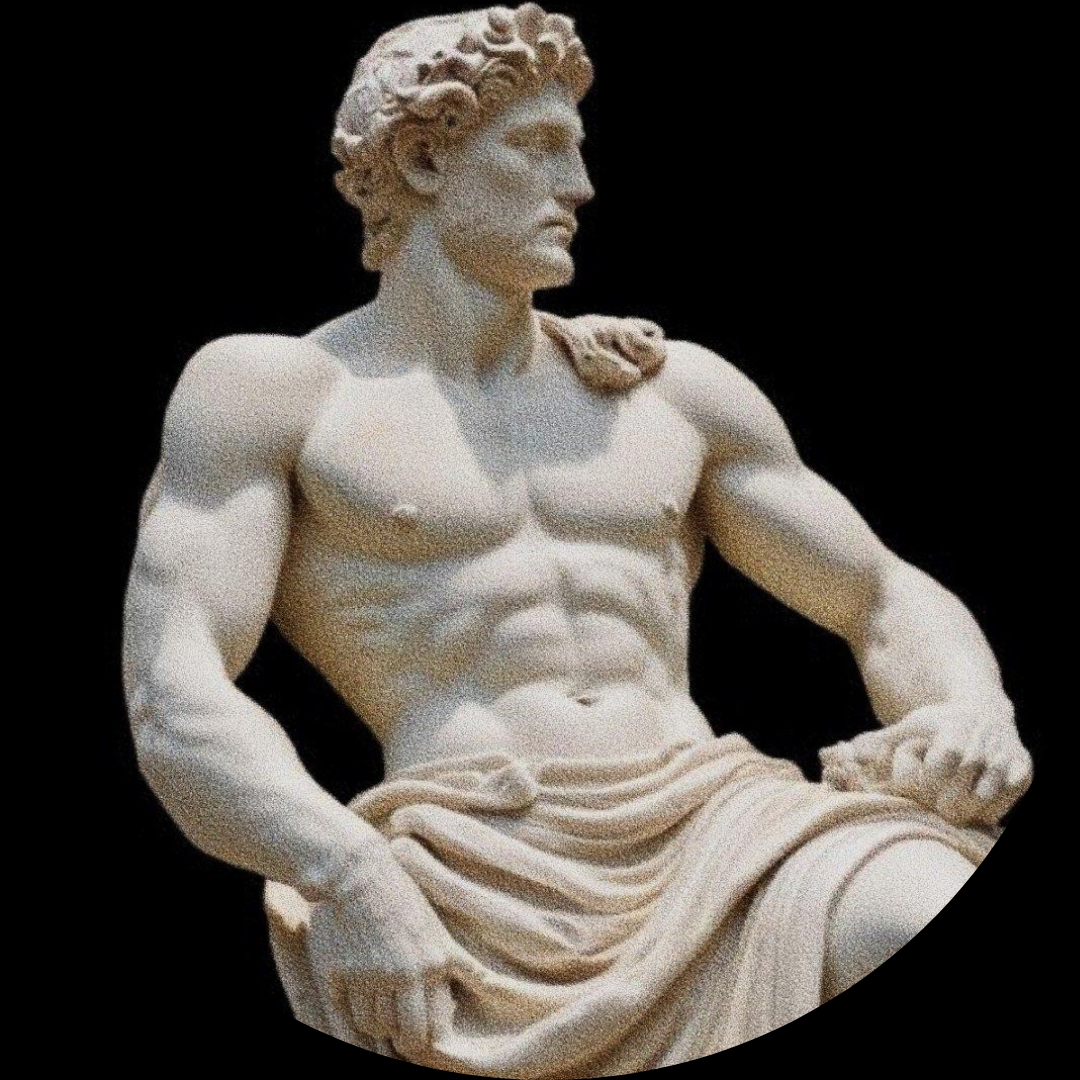

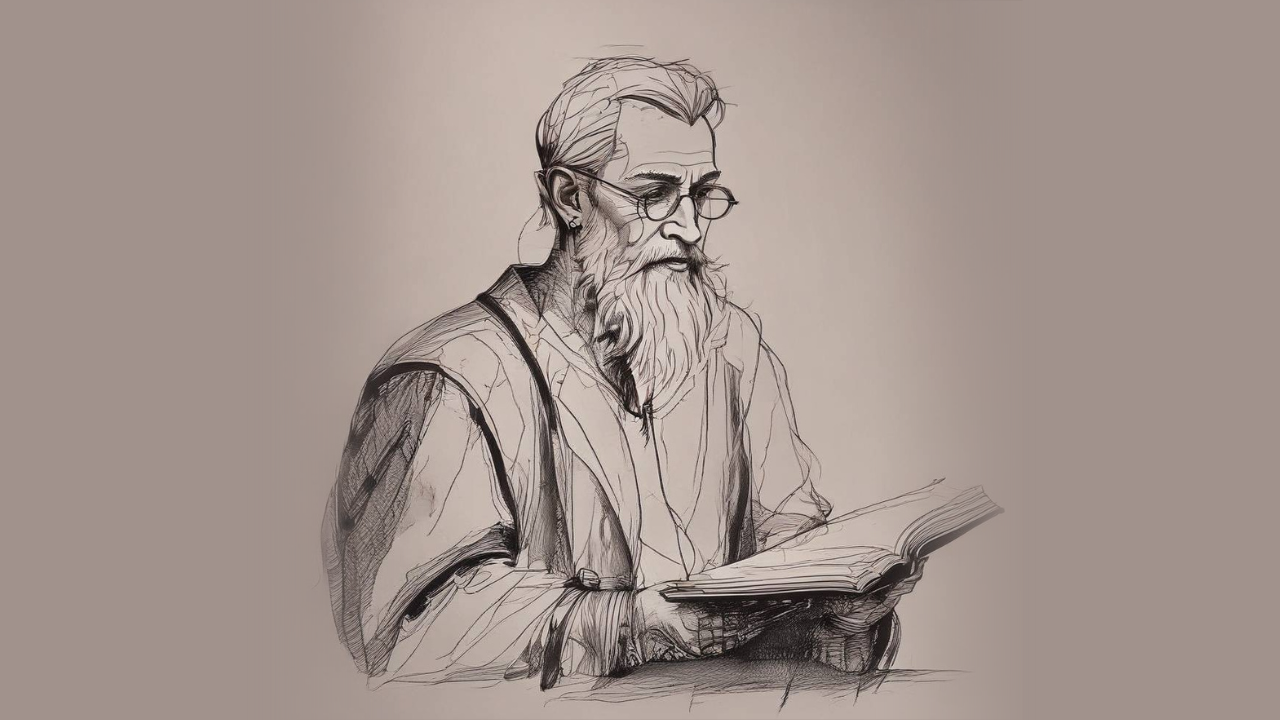
Comments ()